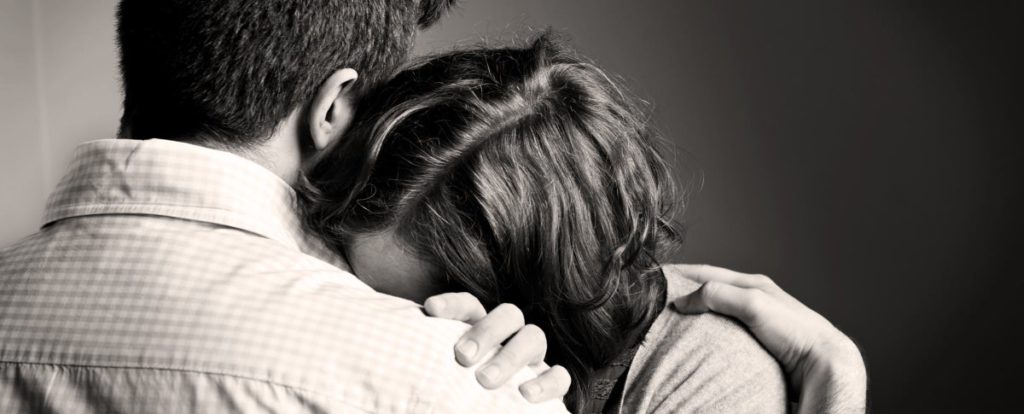
The death of a child is considered the single worst trauma a person can go through. The stress is so great that loved ones often suffer broken-heart syndrome, which presents like a heart attack. The wrongful death of a child makes coping (and healing) that much more unimaginable.
Gomez & Golomb counsels grieving families concerning their legal rights regarding wrongful death claims. We are compassionate, honest, and genuinely care about our clients’ well-being. We are not just here to get paid, but want to make a positive difference in people’s lives.
This post addresses how the Georgia court system values the wrongful death of a child. Of course, this is not something the family wants to think about. But, in the years that follow the child’s death, recovering enough money to help the family makes ends meet is essential.
In Georgia, the person or entity who caused the child’s death must compensate the deceased child’s family for “the full value of the life.” OCGA § 51-4-2(a). Importantly, the “full value of the life” is determined from the perspective of the child who died. Placing a monetary value on such pain, suffering, and loss is difficult, but Georgia has guidelines to help a jury assign a monetary value.
The family is entitled to recover the full value of the deceased child without deducting for any of the deceased’s personal expenses had she lived. OCGA §§ 51-4-1(1), 51-4-4, 19-7-1(c). “[U]nder Georgia’s wrongful death statute, damages are measured from the decedent’s point of view.” Brock v. Wedincamp, 253 Ga. App. 275, 280 (2002).
The full value of a wrongful death of a child is comprised of two categories of damages:
(1) those items having a proven monetary value, such as lost potential lifetime earnings, income, or services, reduced to present cash value, and
(2) lost intangible items whose value cannot be precisely quantified, such as a parent’s society, advice, example and counsel as determined by the enlightened conscience of the jury.
Concerning the wrongful death of a child, the value of a child’s life is established by the enlightened conscience of an impartial jury as applied to the evidence in the case. This includes testimony as to such child’s age, life expectancy, precocity, health, mental and physical development, family circumstances, and from the experience and knowledge of human affairs on the part of the jury. Dep’t of Human Res. v. Johnson, 264 Ga. App. 730, 738 (2003).
We are here to help with any questions regarding the wrongful death of a child. Please call us at 404-382-9994.

